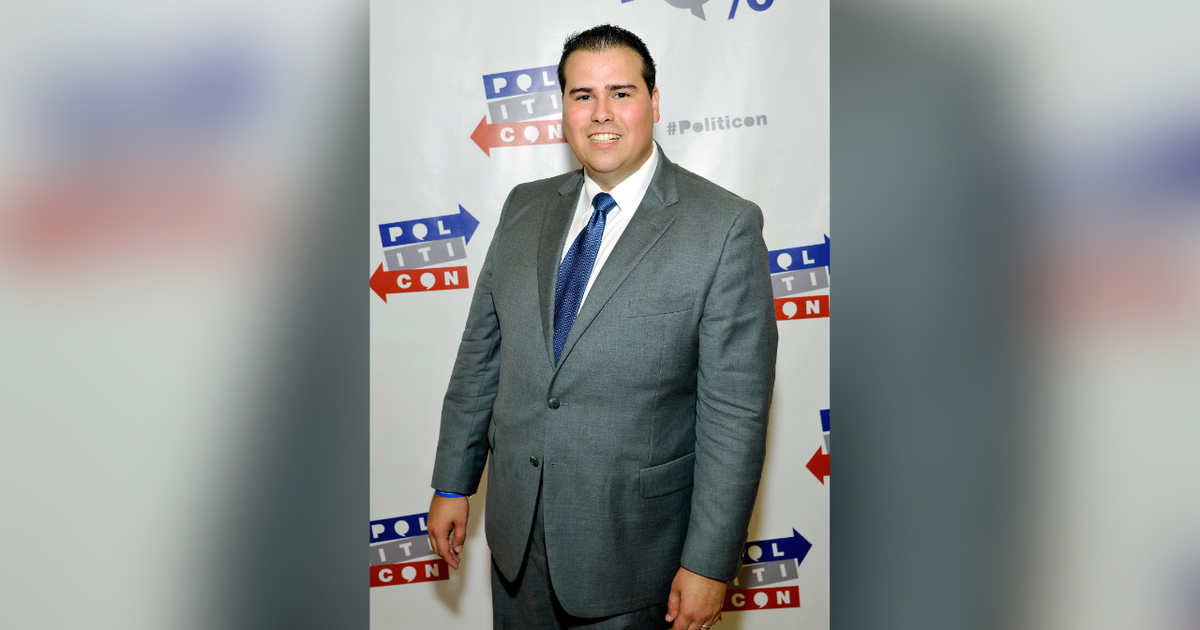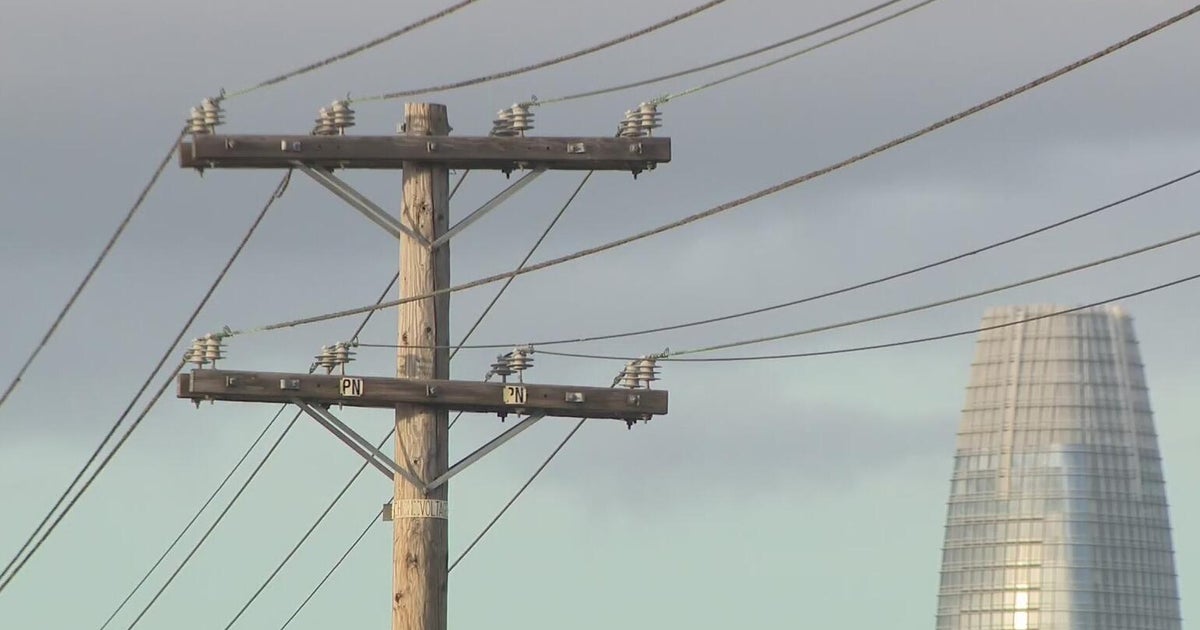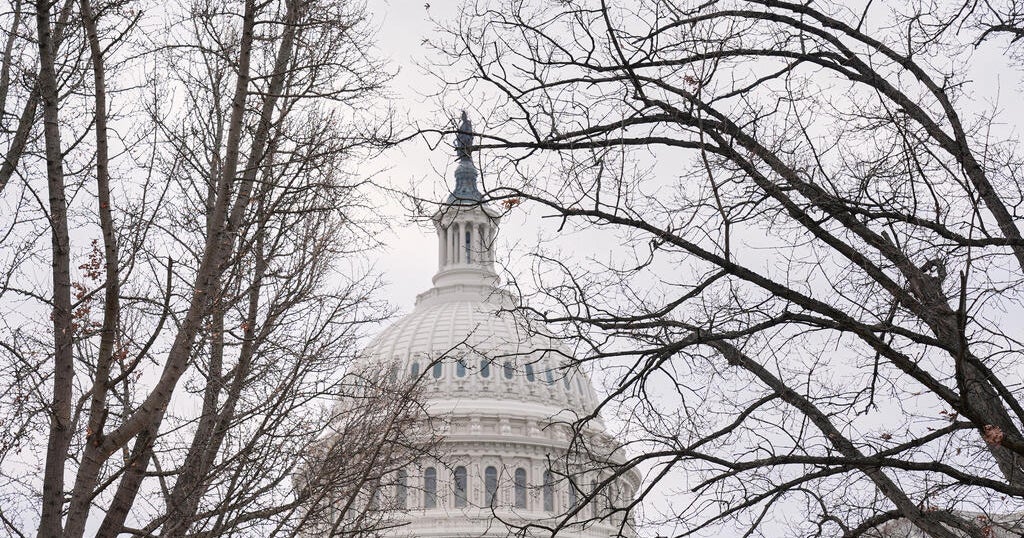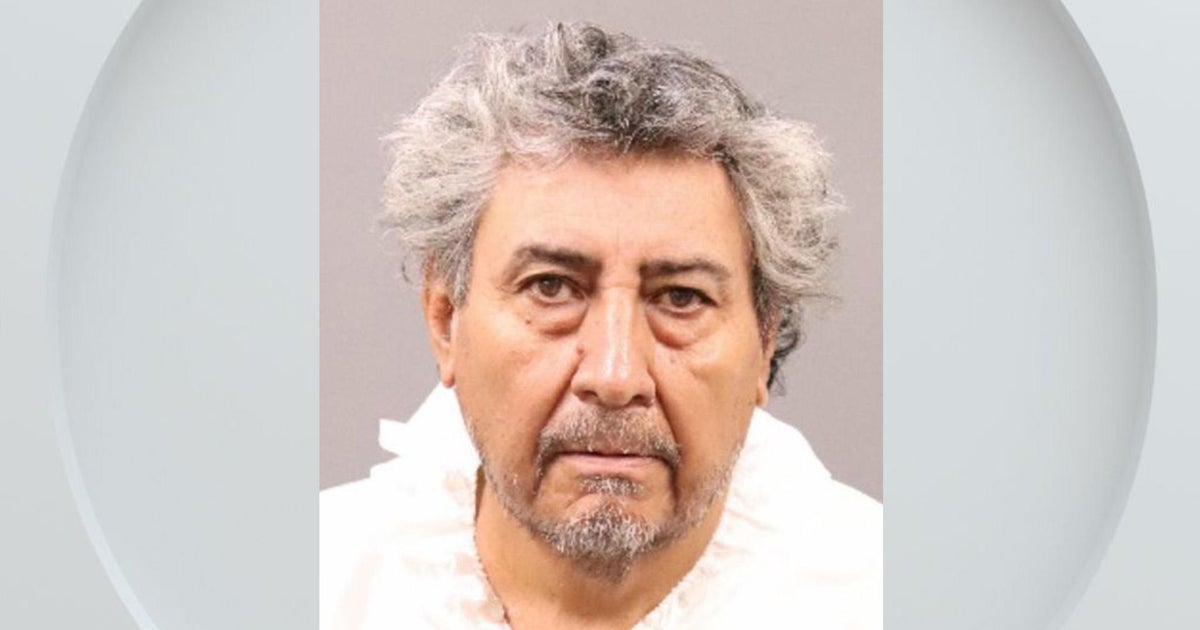1 Year After California Prison Realignment, ACLU Says More Reform Needed
SAN FRANCISCO (CBS SF) - With Monday marking one year since the state's prison realignment legislation went into effect, the American Civil Liberties Union of California Thursday released an assessment of the realignment process thus far and how voters perceive the state's criminal justice system.
State prison realignment, or AB 109, was signed into law by Gov. Jerry Brown in April 2011 and went into effect Oct. 1, 2011. The law moved low-level offenders from state prisons to county facilities in an effort to quell prison overcrowding.
The ACLU determined through their assessment and polling the state has not adopted enough reforms to make realignment successful, which would include reducing the prison population and lowering recidivism rates.
The state's recidivism rate is at about 70 percent.
KCBS' Anna Duckworth Reports:
According to the ACLU, the state prison population has decreased by about 25,000 inmates in the past year, however more than 7,000 jail beds have cropped up in county facilities.
Meanwhile, jail expansion is in the pipeline for many counties, including in San Mateo County, amounting to an additional 10,000 beds statewide, ACLU officials said.
Facing pushback from law enforcement interest groups, according to the ACLU assessment, many counties are continuing to funnel money toward jail construction and focusing on "incarceration-only" models to fight crime.
The ACLU claims there is a perception that other methods make counties seem "soft on crime," according to California ACLU criminal justice and drug policy director Allen Hopper.
Backed by a recent poll, the ACLU found California voters across party lines, genders, ages, geographic regions and ethnic groups tend to support further prison reform options.
According to polling data released earlier this year by Tulchin Research, 75 percent of state voters favor investing public money in more prevention and alternatives to jail for non-violent offenders.
A large component of prison overcrowding is keeping those awaiting trial for nonviolent offenses behind bars.
As an alternative, the poll showed 70 percent of state voters support allowing courts to require supervised monitoring of low-level, non-violent defendants while they await trial.
Ben Tulchin from the research group said at an ACLU news conference Thursday afternoon the highest levels of prison reform support come from the Bay Area, but in more conservative areas such as San Diego, parts of Los Angeles and Northern California regions, a majority of voters polled indicated support to reduce prison-only options for low-level offenders.
There are several counties who have taken realignment as an opportunity to reform local criminal justice systems, including Monterey County which has created a pretrial services program.
In Contra Costa County, split sentencing is now an option for low-level offenders under realignment and is used at an 82 percent rate compared to the state's 24 percent rate, according to data culled by the Chief Probation Officers of California.
Split sentencing allows part of a prison term to be spent out of prison.
San Francisco District Attorney George Gascon has stepped out as a proponent of alternatives to incarceration for low-level, non-violent offenders and defendants charged with low-level crimes while they await trial.
"We cannot incarcerate our way out of a problem," he said at the ACLU news conference Thursday afternoon.
With money from the state for realignment, which was nearly $5.8 million for 2011-12 and bumped up to close to $17.3 million for this fiscal year, Gascon was able to hire an alternative sentencing planner, Luis Aroche, who has taken on one-third of San Francisco's 1,100 realignment cases that have come through in the past year.
Following Aroche's review, many of the cases result in non-prison alternatives such as community service, outpatient treatment, residential treatment or anger management courses.
San Francisco County has one of the lowest prison populations in the state, according to the city's Adult Probation Department.
Statewide, $375 million was allocated to realignment for the first year it was implemented, with an additional $842 million coming in for the second year of the transition.
(Copyright 2012 by CBS San Francisco and Bay City News Service. All Rights Reserved. This material may not be published, broadcast, rewritten, or redistributed.)







